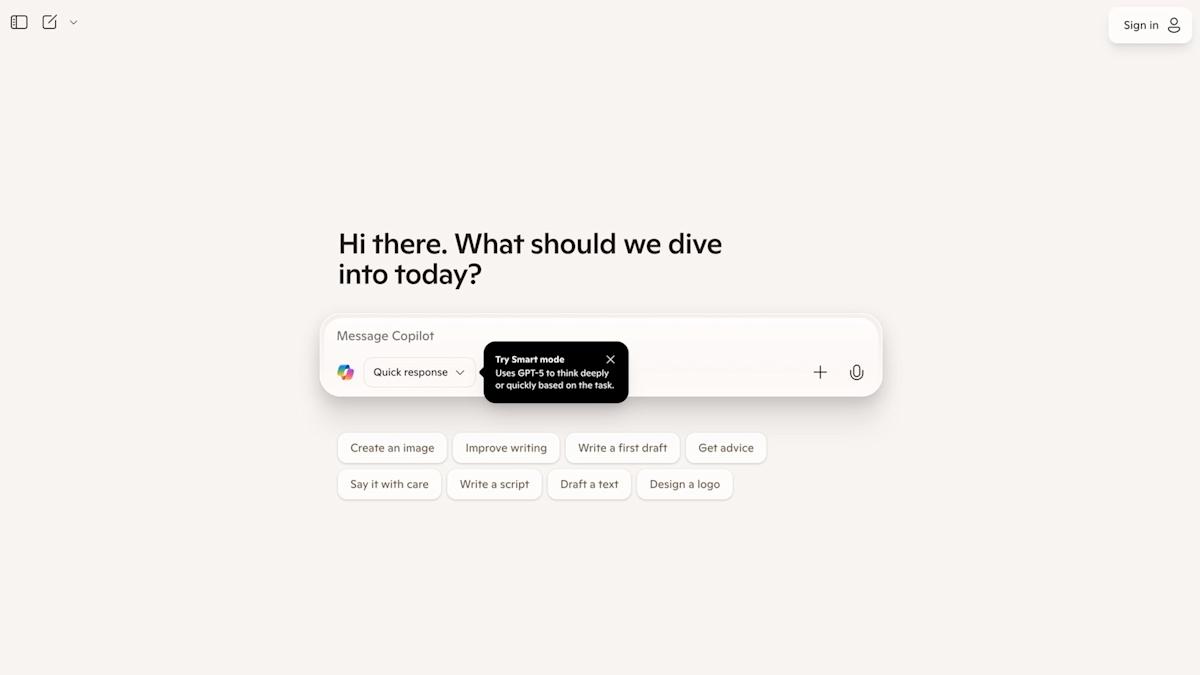Microsoft Widens Access to Advanced OpenAI GPT-5 Model

OpenAI’s highly anticipated GPT-5 language model began its phased rollout Thursday, following a live stream event announcing its arrival. The upgraded AI experience is now accessible to all users of ChatGPT, including those utilizing the free tier of the platform, requiring only account creation and ongoing login. While access is provided at no direct charge, usage will be subject to imposed limits.
Beyond ChatGPT, Microsoft has announced widespread availability of GPT-5 across numerous Copilot products. These include the web-based version of Copilot, as well as applications for Windows, Mac, iPhone, and Android devices. The advanced model will also underpin AI capabilities within the premium Microsoft 365 Copilot suite designed to enhance productivity, along with Microsoft Copilot Studio, GitHub Copilot, Visual Studio Code, and GitHub Mobile. Developers seeking access outside of ChatGPT can leverage GPT-5 through the Azure AI Foundry.
Users of the Microsoft Copilot app can immediately select the “Smart (GPT-5)” model within the prompt composer, experiencing a system described as capable of “thinking quickly or deeply based on the task.” The platform will dynamically assess whether a given request demands intensive reasoning and adjust response times accordingly. Notably, users accessing Microsoft’s web-based Copilot do not require a Microsoft account to engage with GPT-5.
Subscribers to Microsoft 365 Copilot can expect improved performance from their productivity applications, including enhanced reasoning capabilities, the ability to maintain extended dialogues, and better contextual understanding. This includes supporting complex analysis across emails, documents, and other files. GitHub subscribers on premium plans will also benefit from GPT-5 integration within GitHub Copilot for coding support accessible across various platforms. Developers utilizing Visual Studio Code can integrate GPT-5 models via the Azure AI Foundry extension, allowing for direct access to variants including GPT-5, GPT-5 mini, and GPT-5 nano. The rollout is occurring in stages; while available on some mobile devices, access has yet to be universally enabled across all platforms.









